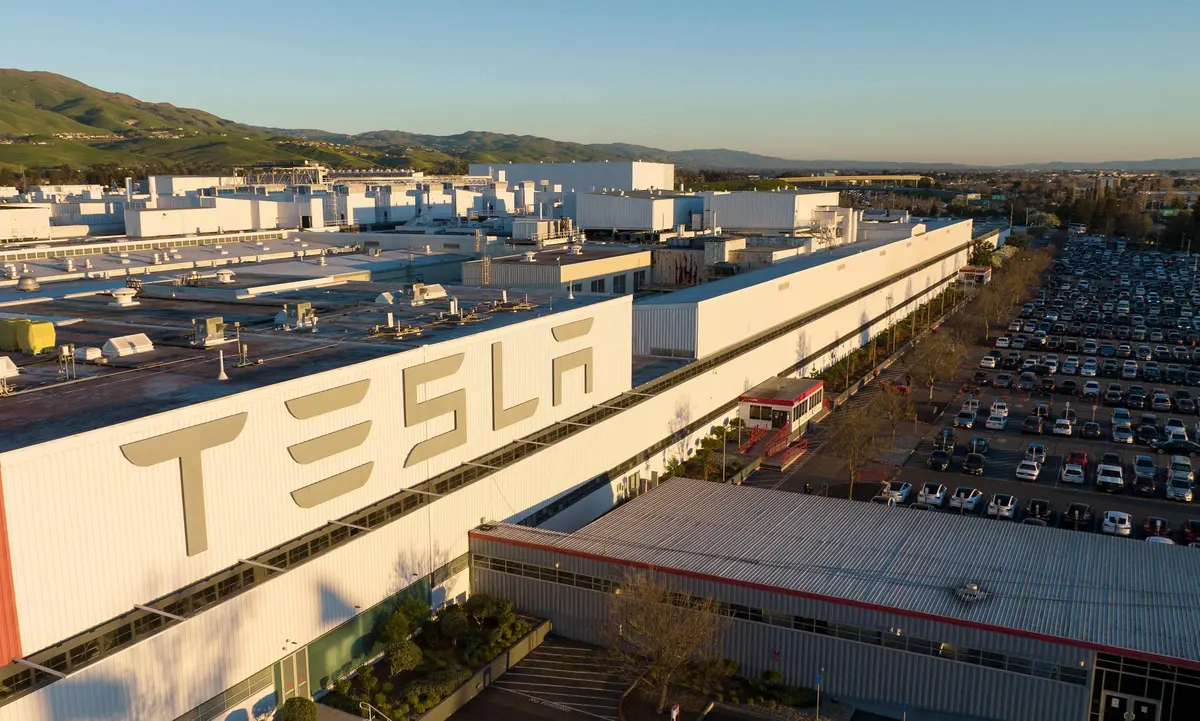Tesla is under fire as a group of 25 California counties filed a lawsuit on Tuesday, accusing the company of mishandling hazardous waste at its facilities across the state.
Tesla, the electric vehicle giant founded by Elon Musk, is under fire as a group of 25 California counties filed a lawsuit on Tuesday, accusing the company of mishandling hazardous waste at its facilities across the state.
The lawsuit, filed in California state court by counties including Los Angeles, Alameda, San Joaquin, and San Francisco, seeks civil penalties and an injunction to ensure proper waste management practices in the future. Tesla has yet to respond to the allegations.
The crux of the lawsuit revolves around claims that Tesla violated state unfair business and hazardous waste management laws. The counties allege that the company improperly labeled hazardous waste and disposed of these materials in landfills that are not equipped to handle such materials. According to California’s hazardous waste management law, potential civil penalties for violations can reach as high as $70,000 per violation per day.
The hazardous waste in question includes a range of materials such as paint materials, brake fluids, used batteries, antifreeze, and diesel fuel. The lawsuit asserts that these violations occurred at as many as 101 facilities, including Tesla’s prominent manufacturing plant in Fremont. While the counties’ spokespeople did not immediately provide specific details about the case, the breadth of the alleged violations suggests a widespread and systemic issue in the company’s waste management practices.
This legal action is not the first time Tesla has faced scrutiny regarding its handling of hazardous waste. In 2019, the company reached a settlement with the U.S. Environmental Protection Agency (EPA) over alleged federal hazardous waste violations at its Fremont plant. As part of the settlement, Tesla committed to implementing measures to properly manage waste and paid a $31,000 fine.
In a subsequent development in 2022, Tesla found itself in another settlement with the EPA, agreeing to pay a more substantial $275,000 penalty. This time, the federal agency cited the company for failing to maintain records and implement plans to minimize air pollutants resulting from painting operations at the Fremont plant.
The recurrence of allegations and settlements has raised concerns about Tesla’s overall commitment to proper hazardous waste management. Critics argue that these legal challenges underscore the need for stronger oversight and stricter adherence to environmental regulations within the rapidly expanding electric vehicle industry.
Environmental advocates emphasize the importance of responsible waste disposal practices, particularly as the demand for electric vehicles continues to grow. The industry’s environmental impact, including the production and disposal of electric vehicle components, has become a focal point for regulators and environmentalists alike.
As Tesla faces this latest legal battle, the outcome could have far-reaching implications for the company’s operations and the broader electric vehicle sector. Investors and industry observers will be closely monitoring developments in this case, with the potential for significant financial penalties and a renewed spotlight on environmental sustainability within the automotive industry.
Tesla’s response to the allegations, as well as the legal proceedings that follow, will likely shape public perception of the company’s commitment to environmental responsibility and compliance with regulatory standards. As the electric vehicle market continues to evolve, this case serves as a reminder of the challenges and responsibilities that come with pushing the boundaries of innovation in a sustainable and environmentally conscious manner.
